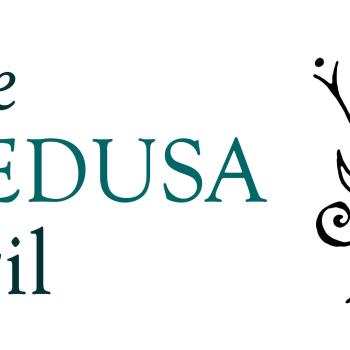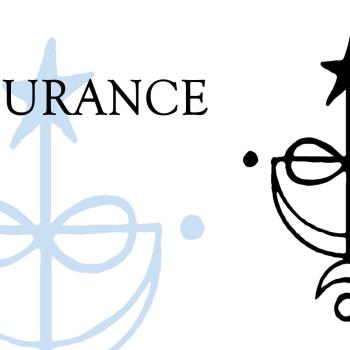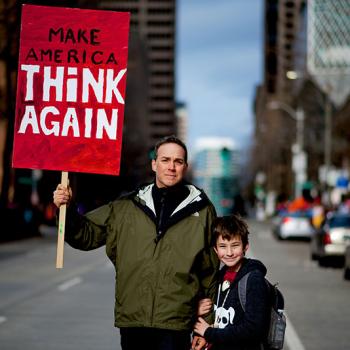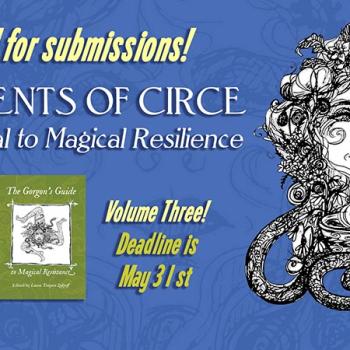
Society is getting a (long-overdue) shake-up in terms of being challenged to do better. Calling out patterns of abuse in racism, sexism, class warfare, gender identity, equality, and the list goes on and on. Outdated and ill-informed methods of thinking are under “attack.”
And by attack, what we really mean is the way leukocytes (white blood cells) filter unhealthy cells and invaders out of the blood stream. Basically: this shit doesn’t belong here – it’s harmful and unhealthy – it has to go. But rarely do these things go down without a fight. There tends to be an extinction event before the final dregs get snuffed out: a last toxic bloom of spores as a desperate attempt to fend off change.
When turmoil happens in the macrocosm, so goes the microcosm as well. So it’s not surprising that there has been a lot of “drama” in the Pword community in recent years (and days). Exclusionary and destructive behavior is getting called out along with sexual abuse and predatory patterns of the past being brought to light. Add this to the stress of what’s happening politically and socially in the macrocosm, illuminated by the glowing eye of social media, and you get a recipe for soul crushing.

When faced with the revelation of infection, one has two choices: address the problem and take care of it, or let it fester. Most people agree that the former is the best course of action – but exactly HOW to go about doing it is often a point of contention. There is nothing surprising about this conflict because we all have our own viewpoints, experiences, baggage, and beliefs. Following through with the body as a metaphor, some practitioners would suggest an antibiotic or similar pill to be swallowed, others may recommend an herbal or homeopathic remedy, another group might recommend minor surgery, while still others may suggest a more extreme “burn the forest” method.
Everyone of course thinks their approach is right, and they may waste time arguing about who is more right. The thing is, every situation is going to be different, so one method that may work great for one problem isn’t as effective in another. When the infection is in the realm of social issues, the first difficulty is mutually recognizing there is a problem in the first place. The second integral thing is acknowledging there is a common desire to address the problem, even if the perspectives are different. And overall, the utmost important action is giving the people who the issue personally affects the most the choice, space, and power to direct the treatment as they best see fit.
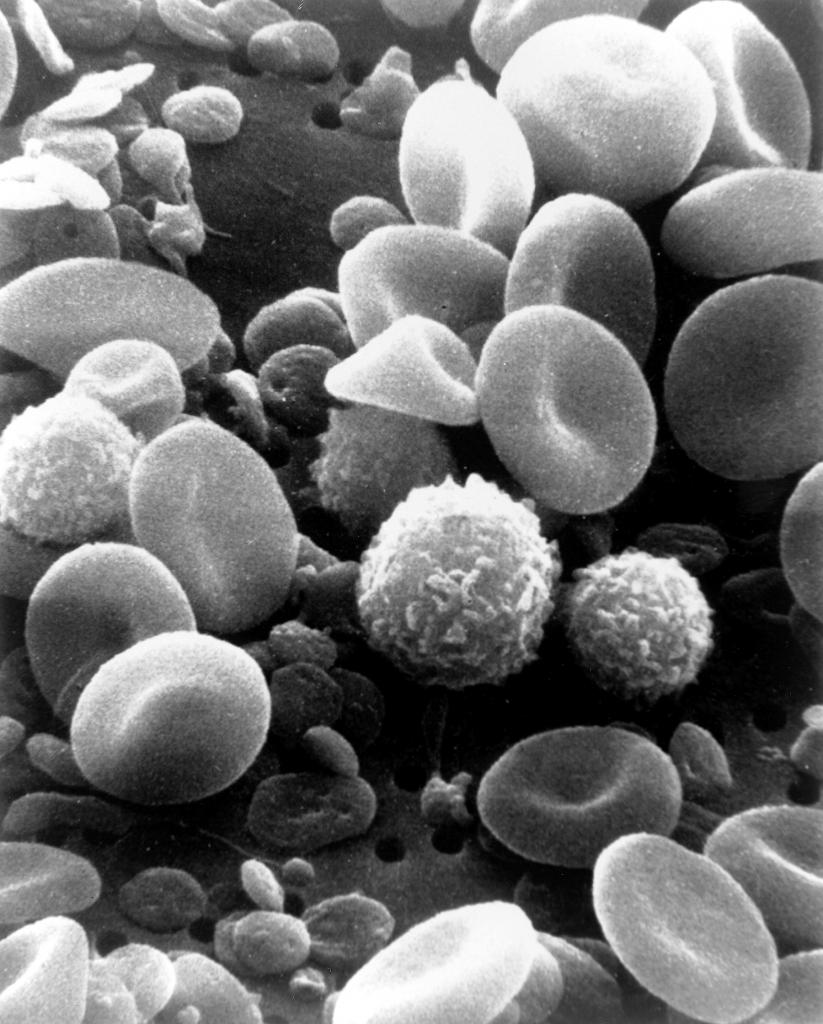
As I said in my last post, humans are messy things. We are capable of both great and horrible things (and a lot of mediocrity too). Change rarely arrives nestled on the backs of lambs and bunnies. Healing is not a gentle process. Think of the last cut you had on a finger. Sure the initial cut hurt and was shocking, but then you had to work to keep it clean, deal with it being sore or itchy, and changing how you worked to avoid further injuring it. The resulting skin is never quite the same as the old skin. But when you see that scar, perhaps you remember that you learned how to be more careful or more aware of how not to repeat the issue.
What does this have to do with the larger Pword community? For every “big drama” that has happened, there is a cycle of shock, of blood being spilled or stirred, methods explored on how to treat the issue, and eventually a sense of new patterns emerging. Out of all of that, knowledge is shared, understanding and respect can be achieved. You can literally track the shifts over the years as problems are addressed and changes are made. There has been clear improvements. Basically, we are slowly but surely doing better overall.
We have come a long way in a relatively short time, and we’re still figuring out a lot of things along the way. That means from time to time, things are going to suck before we can effectively work together to solve a problem. A worthy cause nonetheless. Thank all the deities we’re not a people of one book or one belief. Remember, we don’t need to achieve or find “perfection” in ourselves or anyone else, or look to a heaven outside of this world, or need some savior to save us. Humans are meant to be a mix of contradictions, so we can learn and move forward. Our vision needs to encompass looking at both the positive and the negative to affect change.
Lastly, we can also take a lesson from our own little microscopic bodies, the leukocytes. It’s crucial to attack the problem itself, being careful not overdo a possible cure and attack the body that’s being affected as well. In order to accomplish this focus, we must practice patience, seek to understand before reacting, and foster personal responsibility. None of which are easy, but all of which are possible.
We are the ones we have been waiting for. We can look at the scars of the past and remember that we can always do better. The ability to do so is present within each of us.








